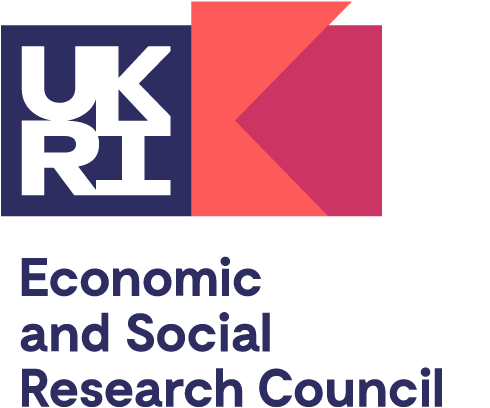Research output per year
Research output per year
| Short title | Shaping the future of technology use in the classroom |
|---|---|
| Status | Finished |
| Effective start/end date | 1/06/12 → 26/07/13 |

Research output: Contribution to journal › Article › peer-review
Research output: Contribution to journal › Article › peer-review